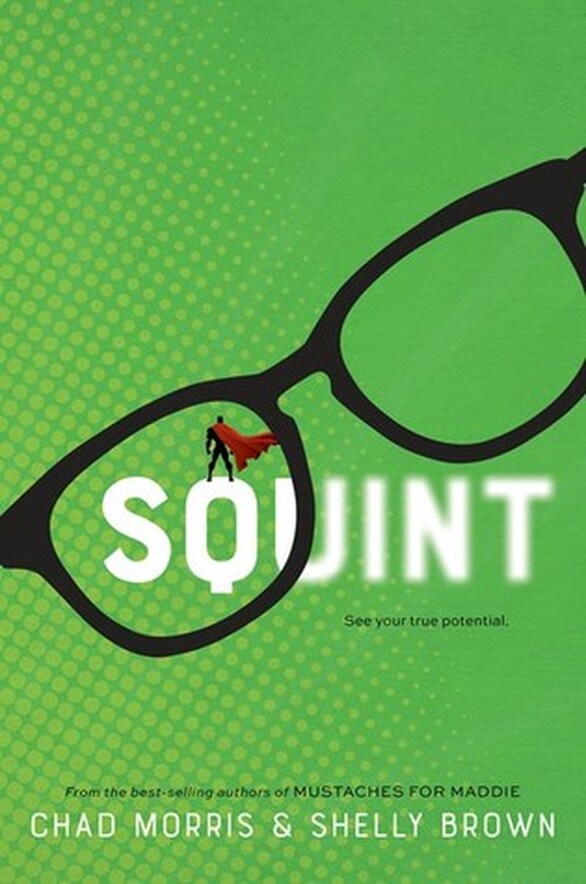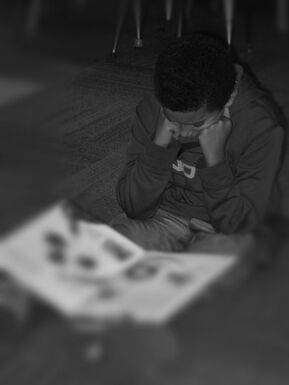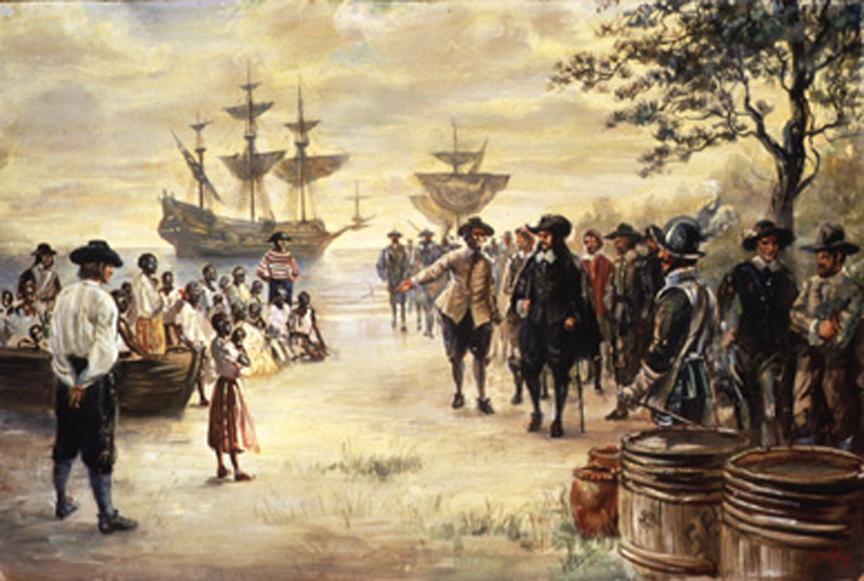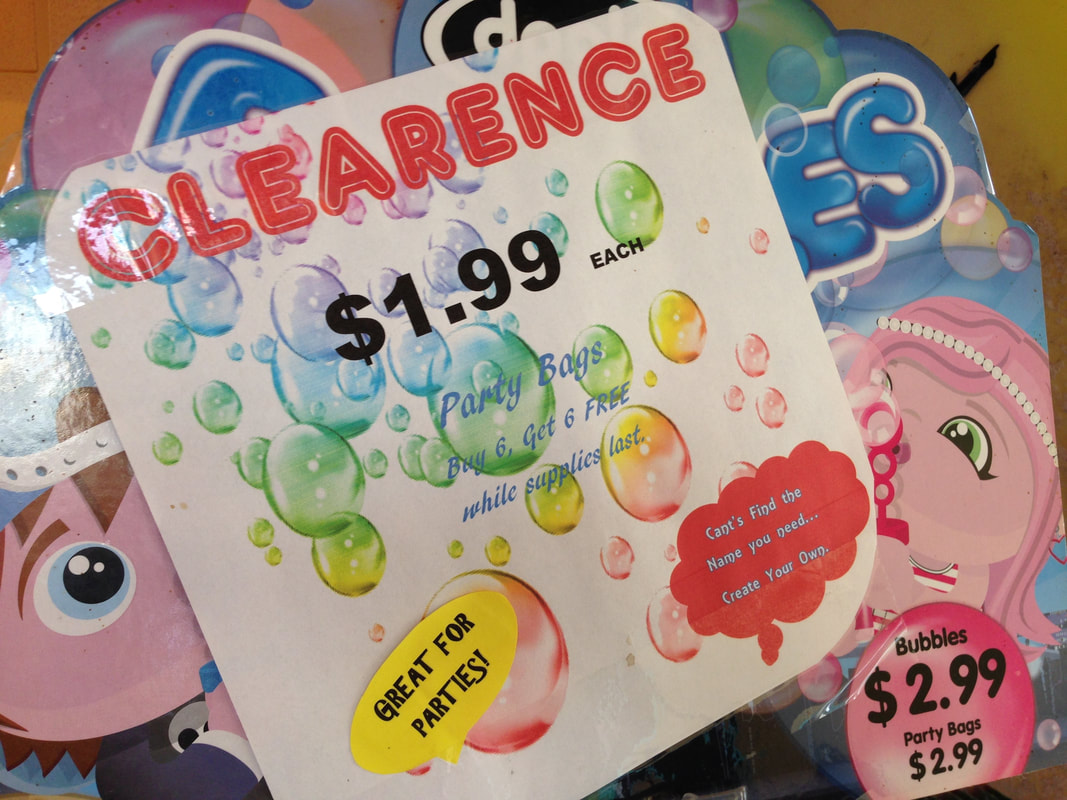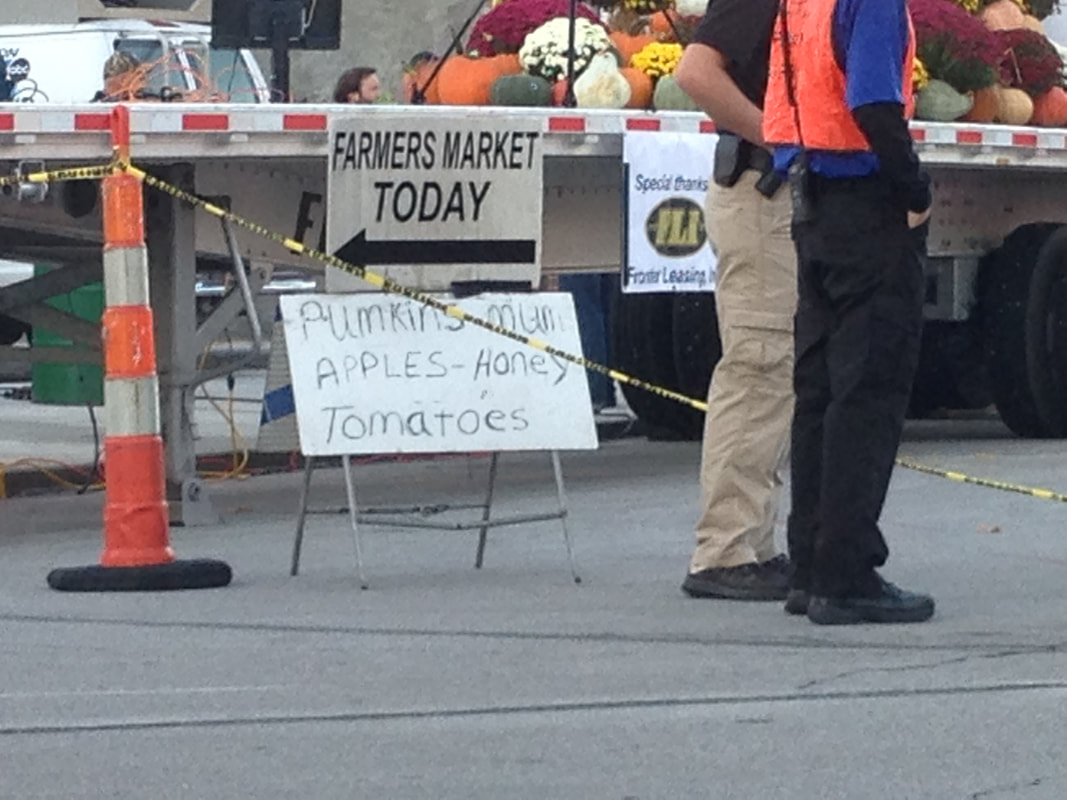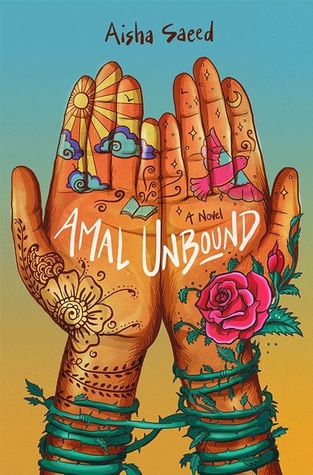| What do you notice about this new technology? Are there any problems with it? What are the benefits? What do you wonder? Make a list of questions. What would make this product even better? How could you use this product? Tell a short story. | |
|
For more exercises like this one, find our Tomorrow's Technology Today page.
0 Comments
Blackbeard and Queen Anne's Revenge
“I could either watch it happen
or be a part of it.” Elon Musk
Sometimes, when we go to the movies or as we watch a show on TV, we are transported into the plot. Directors understand that their selection of background music can change and enhance a scene. Now it is time to turn it around. This time, the music comes first. Do not watch the video; instead, let the music lead your imagination. As it plays, allow it to transport you into a scene that has yet to be written. Then, write the scene. Use all the visual imagery you can muster in your writing. At the end, you will share your writing. Will it stand on its own, without the music in the background?
Squint presents the reader with real situations and raw emotions. Sure, you may not have a chronic eye disease like Flint, and you may not share a similar family as McKell, but you will relate to these characters as they deal with life. Authors Chad Morris and Shelly Brown have constructed such a story to draw out the best of these characters who face their own very serious, personal issues.
McKell has a hidden talent of her own but doesn’t share it for fear of being judged. Her terminally ill brother, Danny, challenges McKell to share her love of poetry and songwriting. Flint seems like someone she could trust. Someone who would never laugh at her. Someone who is as good and brave as the superhero in Flint’s comic book named Squint. There comes a point in the last 40 pages of this Mark Twain Award nominee where the raw honesty of the dialogue becomes inspiriting, and you just know that Flint and McKell are on the right track to closure. I have often said that when a story can bring out my own emotions - whatever those emotions may be: anger, excitement, joy, or sorrow - that's how I know the authors have been successful. This book finally reached that pinnacle point, and I enjoyed it.
It even covers the idea that bullying may just be teasing, and teasing may be for the sake of a laugh and not out of malicious intent. Flint does a good job of using humor against his former friend whom he believes is picking on him. He finds out that he may not have lived up to his own responsibilities toward the former friend. The thoughts along this line go along well with some of the resilience training I try to incorporate into my classroom, which correlates to the materials from Brooks Gibbs. This author team also wrote last year's Mark Twain nominee, Mustaches for Maddie, of which I was impressed, but not overly thrilled to read. The ideas behind the plot of Squint were much more original. While the former was more personal for the authors, it just seemed like they struggled to keep the story in pace with their own experiences. The latter, however, flowed quite naturally and had a life of its own. Squint is definitely one of the better books on this year's award list for the state of Missouri, if not the best. History is not there for you to like or dislike... It is there for you to learn from. Lt. Colonel Allen West's recent response when being interviewed on the television news may be one that is quoted for many years. It goes along with my constant mantra that history is ugly, but it also explains the reason we study the ugliness. It may be too cliché to repeat that history repeats itself. If we don't want that ugliness from the past repeating itself in the present age, we must learn from the mistakes in history. That said, it's also well-known that history is the first core subject that teachers drop in elementary school with the excuse that they don't have time for it and that they are mandated to focus on "more important" subjects like Reading and Math.
 Bateau Excursion, Lake Champlain, Fort Ticonderoga Teacher Institute Bateau Excursion, Lake Champlain, Fort Ticonderoga Teacher Institute
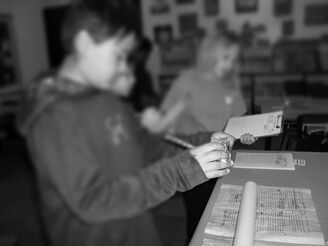 Students Explore Primary Sources and Material Culture Students Explore Primary Sources and Material Culture
Please do not allow your students the luxury of sleeping through your history lessons. I know much of the problem here is systemic in that the subject has been put in the dusty corner in favor of "more important" subjects like reading and math, and I realize many, many educators are unfamiliar with their own standards and information (Translation: colleges have focused more on processes and have turned teachers into the profession without the knowledge they need to be experts.). We'll have to address some of these excuses and reasons in later posts. Please check back here in for more History Mythbusting to come. There is so much more to the story than the Disney movies portray concerning John Smith and Pocahontas. In his video, Mark Summers, Director of Public and Youth programs for Jamestown Rediscovery, discusses how Captain John Smith became a symbol of the rivalry between Jamestown, Virginia and Plymouth, Massachusetts. There is a lot of rich history in this 10-minute presentation, but Mr. Summers presents it in very understandable language and as a person who knows his subject. It is interesting to put the two stories - of Jamestown and of Plymouth - in one place and note the interactions or rivalries that existed at the time. Why is America the land of the Pilgrims' pride? When did New England begin to be called New England? Where did John Smith get his great quote, “He that will not work shall not eat”? All of this is covered in Mr. Summers' video here.
I got chills they're multiplyin' It's time to Grease the wheels a bit before we begin our fourth grade year. Below is a series of panels I'm sending to parents and students over a period of several days in hopes that they will work on multiplication fluency and mastery before the first day of school in August. You may click each one to view it. These panels are also posted and easy to find on our HOGGATTEERS@HOME website.
Just scroll down on the home page to find them.
“Character cannot be developed
in ease and quiet. Only through experience of trial and suffering can the soul be strengthened, vision cleared, ambition inspired, and success achieved.” (Helen Keller) Sometimes, when we go to the movies or as we watch a show on TV, we are transported into the plot. Directors understand that their selection of background music can change and enhance a scene. Now it is time to turn it around. This time, the music comes first. Do not watch the video; instead, let the music lead your imagination. As it plays, allow it to transport you into a scene that has yet to be written. Then, write the scene. Use all the visual imagery you can muster in your writing. At the end, you will share your writing. Will it stand on its own, without the music in the background?
Here is something different and unexpected. While the cover art turned me off, and I wouldn't normally pick up a book about a kid living in Pakistan, the story of Amal Unbound was an interesting one. As much as I try to get students to try new things, I am reminded that I need to take my own advice. Author Aisha Saeed has captured a unique situation, one that is perhaps uncomfortable but certainly unfamiliar to most readers in our area.
While the ending was a little convenient, I'm not sure how it would have worked differently. When you read this book, you will find yourself cringing from time to time as Amal, the main character, takes risks you won't like and encounters an antagonist who will make you angry. The best books bring emotion out of their readers.
|
AnthemThe Hoggatteer Revolution
is an extensive, award-winning, inimitable, digital platform for Encouraging and Developing the Arts, Sciences, and honest Christianity in the beautiful, friendly LAND OF THE FREE AND THE HOME OF THE BRAVE This site is described as
"a fantastic site... chockablock full of interesting ideas, hilarious anecdotes, and useful resources." 
...to like, bookmark, pin,
tweet, and share about the site... and check in regularly for new material, posted often before DAWN'S EARLY LIGHT! History in ResidenceElementary Schools: Bring Mr. Hoggatt into your classroom for a week of engaging and rigorous history programming with your students. LEARN MORE BUILDING BETTER
|






